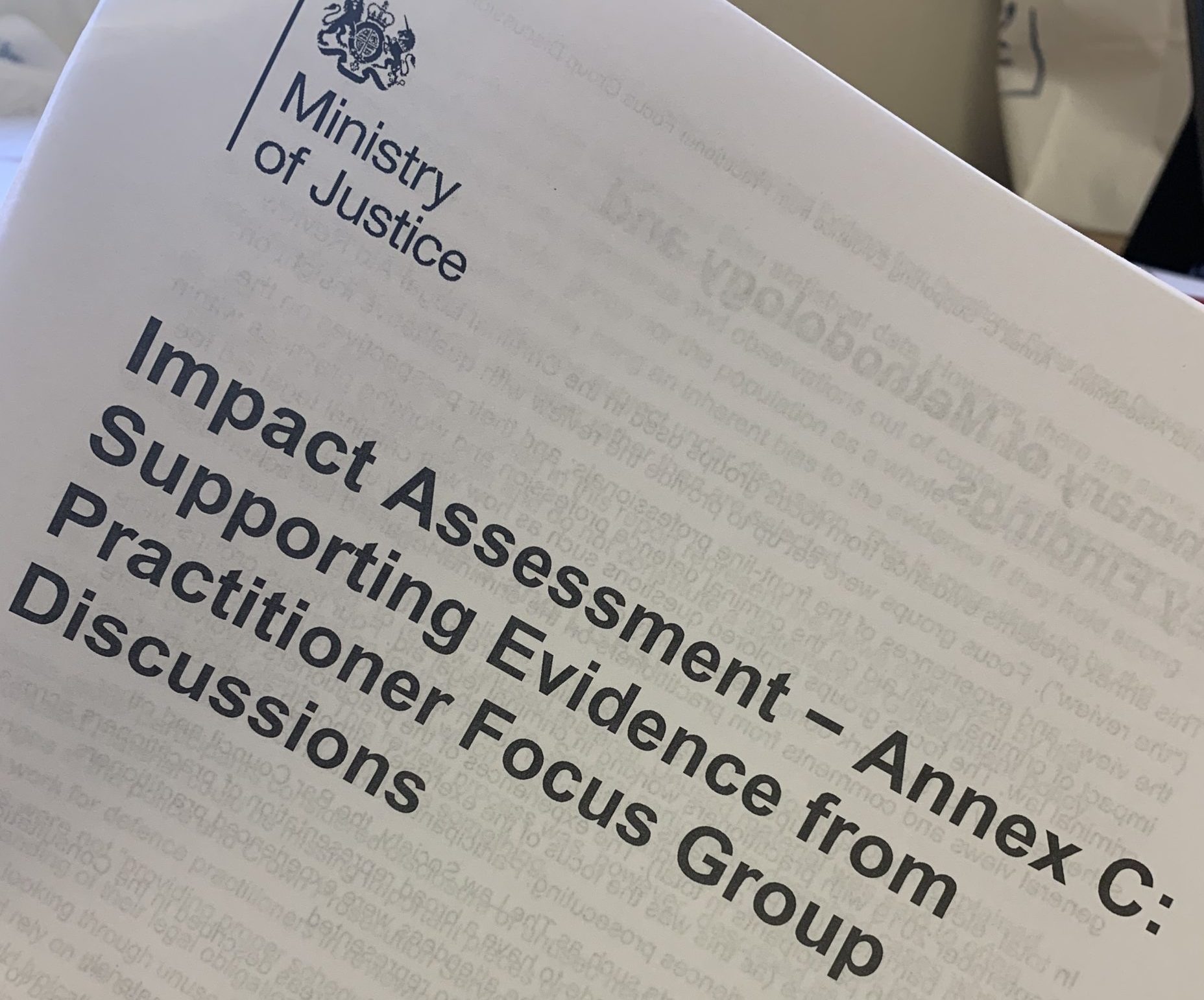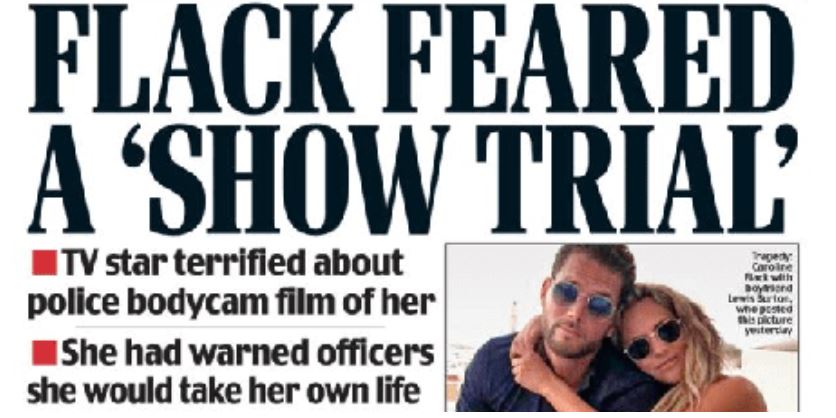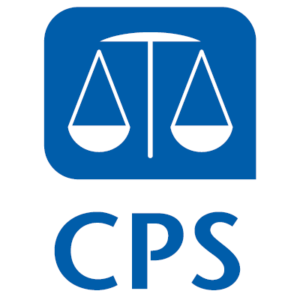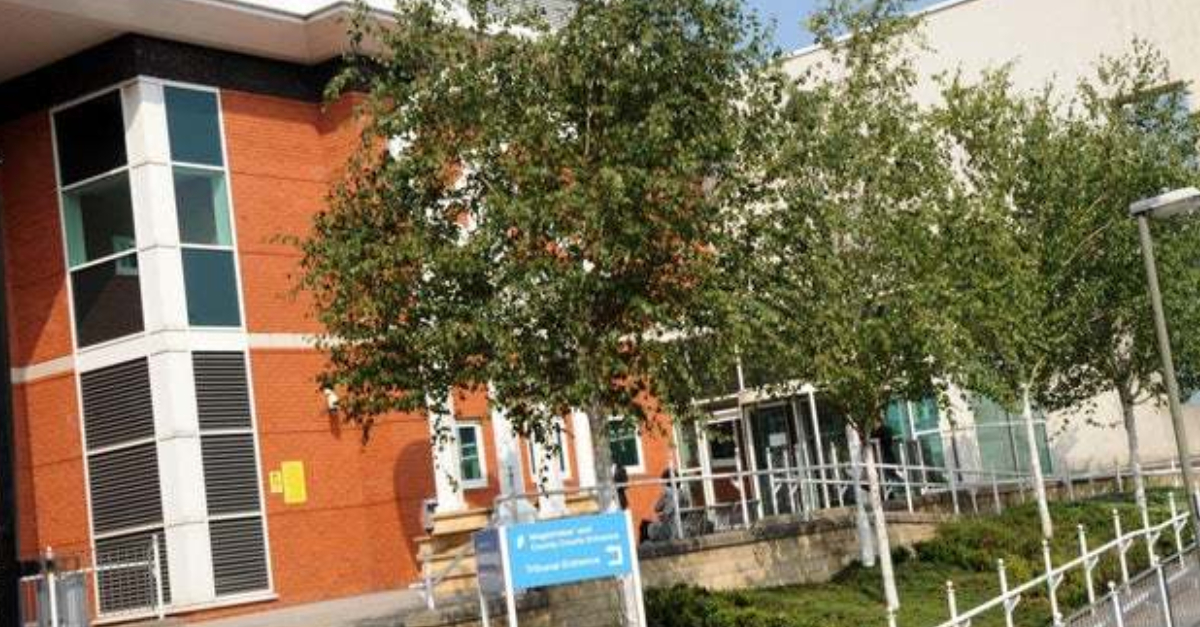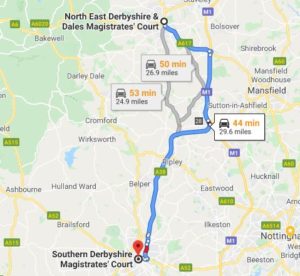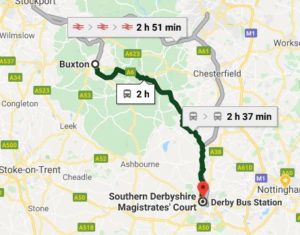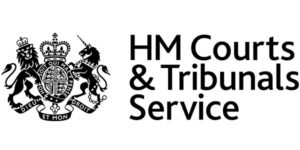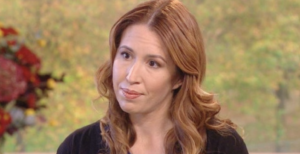Category Archives: News
Derby criminal law solicitor Nick Wright attended a telephone conference of Derbyshire’s Criminal Justice Board on 18 March 2020.
This was solely in respect of contingency plans for how to deal with the Covid-19 virus. It is fair to say that the reaction to the situation by all agencies is fluid bearing in mind the change in government response to the pandemic and how that can affect staff.
Many agencies will have to change what they do as different numbers of staff are unable to come to work or have to work from home.
Agencies have been encouraged to send in their contingency plans to the Criminal Justice Board and they will be distributed them along with other news as necessary.
From the Board’s point of view the following is known:
The Police
The police have been working through worse case scenarios including if they have a 50% absence of staff. That is on the basis that some departments can operate at 50% staffing levels, leaving other staff to be moved to other duties. The police have considered what is a critical function, necessary or desirable. Bearing in mind custody time limits, what’s happening in custody, etc, they are being flexible.
The police have noticed a current decrease in request for police services.
We are told that custody staff know what to do with suspected cases of the virus. Health will come first. Cases will be risk assessed to see if the person actually needs to be in custody. Defence practitioners will be notified of suspected cases. Safety kit is present in the custody areas and will be provided for defence representatives. I am told there are masks and hand sanitising gel!! Essentially the custody plan will take account of anybody visiting.
Courts
The courts have asked for prior notification from the police of defendants with the virus or suspected to have it before being passed to GEO Amey to see if they are going to be accepted at court.
The court, bearing in mind its statutory duty to ensure health and a safe place to work, are carrying out further risk assessments. Larger court rooms will be used if possible so as to provide for greater distance between individuals in the room.
If anybody arrives at court showing symptoms of the virus, they will be turned away and the case adjourned.
The court is looking at what can be done via video or phone. Some court staff will apparently be at home for 12 weeks.
Defence practitioners are encouraged to talk to the court in advance, e.g. if it is known that a case will be guilty plea, or even a not guilty plea, particularly for summary only matters, then the case can be done without any attendance at court, so reducing footfall in court and therefore risk.
The court is looking at using Skype including for magistrates, defence lawyers, etc. The Crown Prosecution Service have some technical issues with Skype. Some legislation (no detail yet) was passed on 17 March to allow hearings to be done by phone. We will send out more information as and when we get it. But it is hoped to be possible to plead guilty or not guilty by phone. Probation Fast Delivery Report interviews can be done by phone.
Some Magistrates’ trials will be adjourned at short notice because of court staff going off sick, etc, and the court having insufficient staff to man the trial courts. At this stage not all trials have been taken out of the list, only some.
Risk assessments are being done at each court centre.
For example, two trials at Derby Crown Court on 17 March were adjourned with custody time limits extended because juries, when asked, were not prepared to sit. The court is managing the situation on a case by case basis. CPS are liaising with resident judges. So plans are fluid.
The Crown Court is otherwise running normally with the exception of trials anticipated to last more than three days. The Lord Chancellor has issued a statement which is available online.
CPS say that they are having problems getting medical statements for cases.
There is now a national steer for how the courts are going to operate.
It is possible that all custody hearings will be done by Skype. Practitioners are encouraged to ensure that their laptops are set up for Skype to work.
The courts even now can’t run anything near to full capacity so priority is to be given to remand courts and family cases.
Trials are going to be adjourned to a minimum of three months ahead if on bail.
The Bar has called for 30 day suspension of all ‘in person’ hearings but has stated that it will not be a breach of their rules if they don’t go in person to court because they are self-isolating. Therefore, there is a perceived risk that the whole system could grind to a halt.
The courts are looking at seating arrangements, hand sanitiser availability at court, etc. National updates all the time but efforts will be made to ensure that people sit at least 6ft 6ins apart.
Unsurprisingly, if staff fail to turn up on one particular day, e.g. for GAP, NGAP or Domestic Abuse Courts, the court will simply have to adjourn. If there is prior notice, then the court will look at re-bailing people beforehand.
Crown Prosecution Service
As you can image, the CPS are working closely with the police. They have lots of people working from home and an increasing number of staff self-isolating overnight. There is the potential for them to have limited numbers of lawyers who can actually present cases in court.
Witness Service
The Witness Service has concerns for a number of their volunteers who either have underlying health conditions or are over 70. There is a risk to them because of seeing witnesses in small rooms. The service states that there may be a point where the service is not deliverable, but until then empty court rooms will be used to allow more space between witnesses and witness service staff. They are very aware of their statutory duty to ensure a safe place of work.
Client attendance
No medical evidence is required if defendants are self-isolating and cases will be adjourned to slightly over 14 days.
If somebody is subject to a failure to attend warrant already, the starting position is not to surrender if they have the virus or are isolating. The defendant could notify the police of their health situation. The police, once that it is clear that a person is self-isolating, say that the default position is that health comes first, but each case will be looked at individually.
Youth Offending Service
They are operating well so far. They have a plan for a reduced service if necessary, e.g. dealing with high risk cases only.
Prisons
The situation is being managed nationally. They expect to be in a serious position soon because of loss of staff to the illness. Therefore, they will focus on the basics, feeding prisoners, keeping them alive. Facilities will be stripped away as the situation gets worse. Video link facilities will go early and quickly followed by legal visits. Each prison will be different.
The prison is to tell the Criminal Justice Board of any changes and these will be circulated.
If the prison is in a position where it has insufficient staff to man video link hearings, the court acknowledges that it may have limited powers to further remand, although we are perhaps entering uncharted territory.
There will be a further update in about two weeks’ time. Overall, there is a lot of vagueness on how the system will adapt to the conditions; and organisations are trying to plan.


